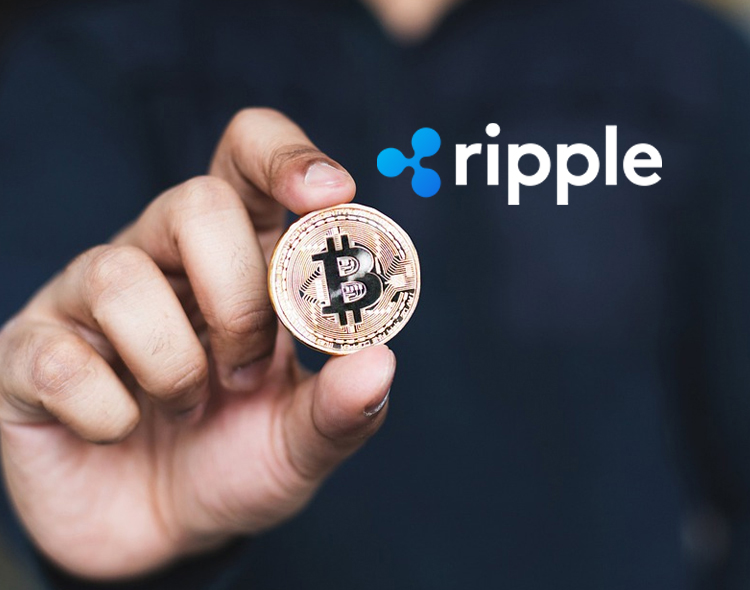Ruling Finds XRP is Not a Security, First Industry Win Against the SEC Sets Precedent For Other Tokens in the U.S.
From day one, Ripple has said the SEC’s suit against the company (and its CEO and Chair) was baseless and yet another attempt to regulate through intimidation and enforcement. The Court’s July 13 decision is a landmark ruling, not just for Ripple, but for the entire U.S. crypto industry.
Latest Fintech Interview: Global Fintech Interview with Ramy Ashour, Global Head of Enterprise & Solutions at Valtech
“The Court’s decision marks a historic occasion not only for the company, but also for crypto at large”
This case was always about one thing and one thing only: whether XRP, a crypto token, could be an investment contract and therefore a security under the law. The Court unequivocally said that XRP, as a digital token, is not in and of itself a security. Last week’s ruling makes clear that the SEC’s misguided theory – that crypto tokens standing alone are securities – has no support in the law.
“The Court’s decision marks a historic occasion not only for the company, but also for crypto at large,” said Ripple CEO Brad Garlinghouse. “We’ve said since the earliest days of the lawsuit that Ripple would be on the right side of the law, and the right side of history. Progress is worth fighting for. This decision is a significant blow to the agency’s regulation by enforcement agenda, and I hope we will soon look back at this decision as the turning point for Congress to act and set clear rules of the road for crypto in the U.S.”
Read More About Fintech Interview: Global Fintech Interview with Mani Ganeshan, Global Head – Engineering, Travel Distribution, and Centre Head at Amadeus Labs
In addition, the Court found that, as a matter of law:
- Ripple’s XRP sales on exchanges – not securities.
- XRP sales by Ripple executives – not securities.
- Ripple’s XRP distributions to developers, to charities, and to employees – not securities.
“In its ruling, the Court distinguished between the token itself, and the manner in which it was sold declaring XRP, in and of itself, is not an investment contract. This decision will have profound consequences on how digital tokens are classified in the U.S. moving forward,” said Ripple Chief Legal Officer Stu Alderoty. “The Court’s ruling can now be used by others in the agency’s crosshairs. The SEC can no longer tout their record in crypto – which was, up until now, by and large settlements with players that didn’t have the resources or conviction to fight back.”
Further Court proceedings are only on certain contractual sales to institutional investors (the Court determined those contracts to be securities, not the token itself) per the Court’s order. Everything else is settled as a matter of law.
Ripple’s pursuit of sound crypto regulation in the U.S. is far from concluded; in fact, it is just the beginning. In the meantime, Ripple will continue to invest in jurisdictions that have embraced clear regulatory frameworks. Last month, the Monetary Authority of Singapore granted Ripple an In-Principle Approval (IPA) for a Major Payments Institution License. Multiple foreign regulators, including those in Japan, Switzerland, the UAE and the UK, had already determined that XRP was not a security.
Browse The Complete Interview About Fintech: Global Fintech Interview with Anndy Lian, Intergovernmental Blockchain Expert, Partner at Blockchain Technology
[To share your insights with us, please write to sghosh@martechseries.com]
